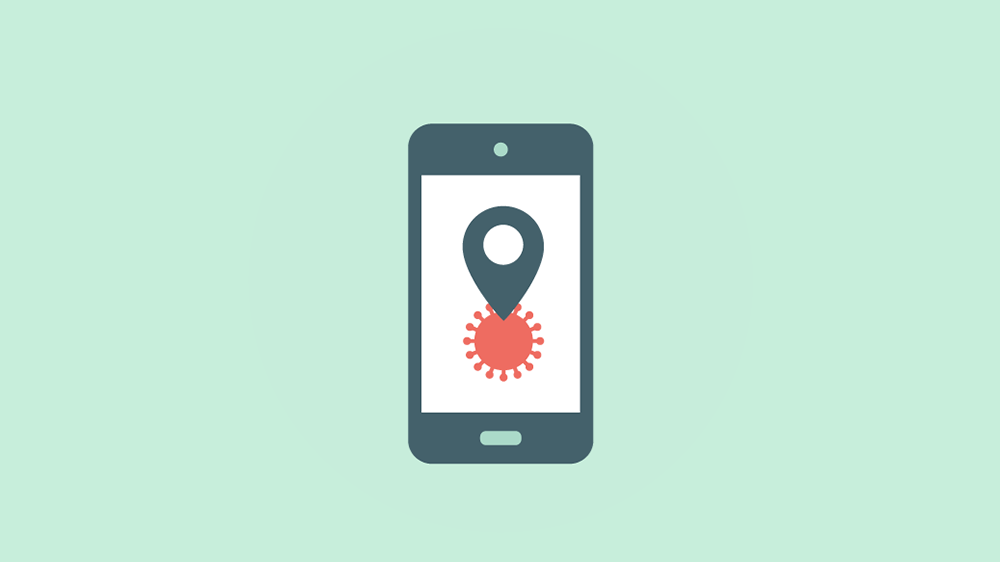About the project
COVID-19 was the first pandemic in the age of the smartphone. New digital technologies such as contact tracing apps and mobile localization data was used to model, monitor, and control the pandemic, often building on experimentation in humanitarian contexts and low-income countries. The rapid adoption of digital technologies by both authoritarian and democratic governments in the early days of the pandemic invoked images of dystopian “Big Brother” digital surveillance, as well as utopian hopes that technology could help curb the pandemic.
The Smartphone Pandemic project aimed to provide insights into the political and societal implications of this rapidly evolving use of smartphone technologies and data in official responses to the pandemic. Based on case studies within diverse political and health systems contexts, including Sierra Leone, Myanmar, Japan, Taiwan, the United Kingdom, and Norway, the project analyzed national experiences and global norms and institutions governing the use of smartphone technologies and data in times of crisis.

Main findings
Below are some of the main findings of the project across the different study settings:
The growing power of tech corporations
One of the main findings of the project is that the pandemic led to new forms of partnerships between Big Tech, telecom corporations and public health authorities. The partnerships focused on digital contact tracing, epidemic modelling, and public health communication through social media platforms and chat bots. The partnerships challenged established public health norms and principles of digital sovereignty, and highlights tech corporations' growing power to influence public health agendas.
Apps had limited impact
The use and impact of digital solutions were dependent on contextual factors, but across most study settings, apps designed to locate, contact trace, and report on social distancing had limited public health impact, did not solve governance challenges, and often failed to help the people most likely to become sick from the virus. The project findings highlight how digital interventions have alarming potential to distract from traditional public health responses, and to undermine practices of social justice and equity in global health.
Ethical considerations should be included
Digital technologies were implemented with weak or lacking regulation at global and national levels and based on experimentation in low-income countries that rarely benefits populations in these countries. There were many ethical issues associated with smartphone-based technologies used during the pandemic (issues related to privacy, curtailment of civil liberties, and techno-elite determination of health policies), which highlight the need to involve ethicists in pandemic preparedness and response, who can take a broader public health approach.
The need to challenge uncritical techno-optimism
The findings of the project challenge uncritical techno-optimism within pandemic preparedness and response thinking and underscore that future public health emergencies can only be addressed through sustained, equitable and cross-societal investments in public health and pandemic preparedness, prioritizing those most at risk for getting, spreading, and dying of pandemics.
An overview of the project can be found in the below poster made by Katerini Storeng and Antoine de Bengy Puyvalllée at the Centre for Development and the Environment:
Financing
The Smartphone Pandemic project has contributed to an emerging field of critical social scientific research on digital technologies and data as pandemic preparedness and response tools. The Smartphone Pandemic project is one of 30 projects that was granted funds from the COVID-19 Emergency Call at The Research Council of Norway.
Duration
June 2020 - June 2022
Social media: Twitter
Hashtag: #smartphone_pandemic
Profiles: @KStoreng @AdeBengyP @sfparr @sridhartweet @tom_traill @SusanShepler @SRobe01







